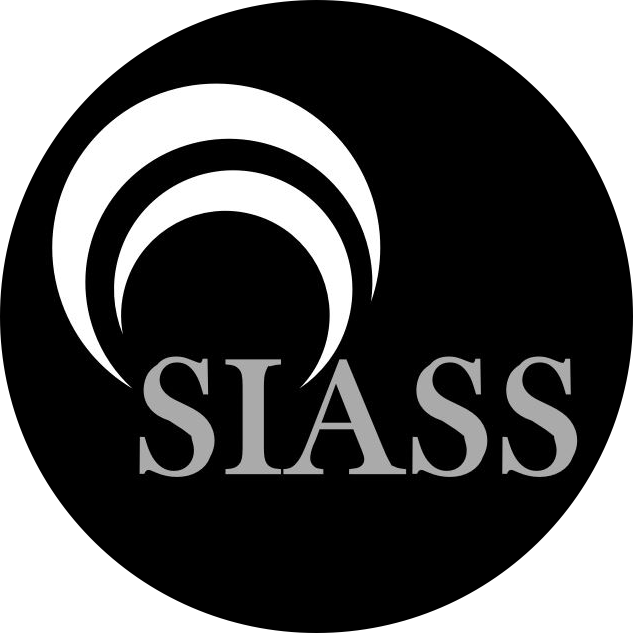Ethics and Professionalism in Technical Surveillance
- SIASS

- Nov 19, 2024
- 2 min read
Updated: May 19, 2025
Lessons from UK NACE’s Missteps
In the world of technical surveillance, maintaining the highest ethical standards and professionalism is paramount. Recent revelations about the UK’s National Authority for Counter-Eavesdropping (UK NACE) unlawfully using surveillance powers to identify a journalist’s source, serve as a sobering reminder of the delicate balance between security and individual rights.
According to reports, UK NACE overstepped its authority by leveraging its technical surveillance capabilities inappropriately. This misuse not only breached legal boundaries but also struck at the core of press freedom—a cornerstone of democratic societies. Such incidents highlight the urgent need for robust ethical frameworks and strict oversight in the technical surveillance sector to prevent the erosion of trust and rights.

Why Ethics Matter in Technical Surveillance
Technical surveillance, when used ethically and professionally, is a vital tool for safeguarding national security, corporate integrity, and personal privacy. However, when these powerful capabilities are misused, the consequences can be profound. Breaches like the one involving UK NACE can:
Undermine Trust: Misuse of surveillance powers risks eroding public trust in institutions meant to protect them.
Threaten Press Freedom: Journalists rely on confidential sources to uncover the truth and hold power accountable. Infringing on these sources through unethical surveillance undermines the press’s role as a watchdog.
Harm Professional Reputations: Organizations that fail to uphold ethical standards in surveillance risk reputational damage and public backlash.
Why Journalists Should Be Concerned
Journalists, whose work often involves sensitive and confidential communications, are particularly vulnerable to unethical surveillance practices. The actions of UK NACE demonstrate how improper use of surveillance can jeopardize the anonymity of sources, putting whistleblowers and investigative journalists at risk. This not only threatens the individuals involved but also weakens the broader pursuit of transparency and accountability in society.
As technical surveillance professionals, we must recognise the critical importance of maintaining boundaries and upholding ethical standards. Without these safeguards, the tools designed to protect can become instruments of misuse, creating a chilling effect on free speech and investigative journalism.
A Call for Greater Oversight and Professionalism
The incident involving UK NACE underscores the urgent need for:
Ethical Standards: Professionals in the technical surveillance field must adhere to strict ethical guidelines, ensuring their work respects human rights and legal boundaries.
Transparency and Accountability: Oversight bodies must monitor surveillance practices to prevent abuses of power.
Awareness and Advocacy: Journalists and media organizations should be educated about their rights and the potential risks posed by unethical surveillance.
At SIASS, we are committed to advancing professionalism and ethical practices in the technical surveillance industry. Our mission is to provide clients with secure, reliable, and lawful surveillance services that protect privacy and uphold trust.
The UK NACE case is a cautionary tale for all of us in the industry. By prioritising ethics and professionalism, we can ensure that technical surveillance remains a force for good—protecting rather than infringing on the rights of individuals and institutions.




Comments